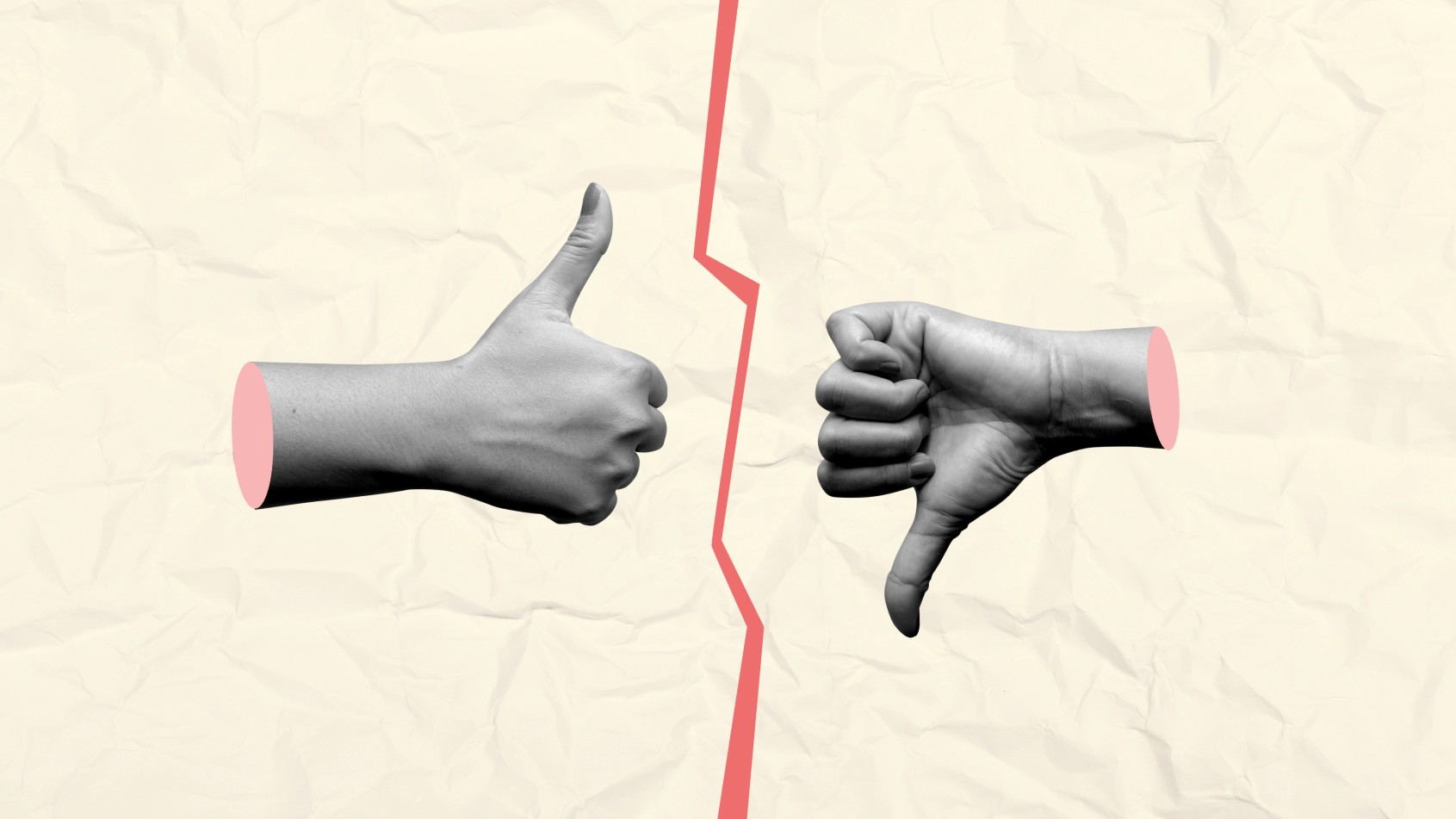Schaffer dissects some of the key systematic elements of the case
Peter Schaffer: Well, I didn’t follow the facts of it intimately, but whenever a police officer is arrested and the victim is a private citizen, you know, we have cause to wonder whether the result is going to be fair only because, you know, most of my practice has been in New York City and almost every case where a police officer is accused of in this case killing a citizen, in almost every case the police officer has prevailed and in every case the police defendants have waived a jury and had their matters heard before a judge. Now most people that do criminal cases never waive a jury because it’s almost always in your client’s best interest to have the matter decided by 12 members of the community. But with police officers, they always- the last people they want to decide on their actions are members of the community. And there certainly is- again, without knowing the facts of the case, I don’t know if the decision was right
I’m not there to question that, but I have seen every case over the last 20 years where a police officer defendant has killed someone and the case has gone to a judge there’s been an acquittal.
Question: Why the difference between judges and juries when trials involve police officers?
Peter Schaffer: Well, even though a judge is supposed to be a neural decider of the facts, a judge that handles criminal cases time after time has police witnesses before them. Although they’re supposed to be independent, you know, the court is guarded by law enforcement. So I think in some cases the court, although you’re supposed to look at any person in front of you with that blindfold like the lady justice, I think police officers may get a leg up when they go in before a judge.
5/14/08





